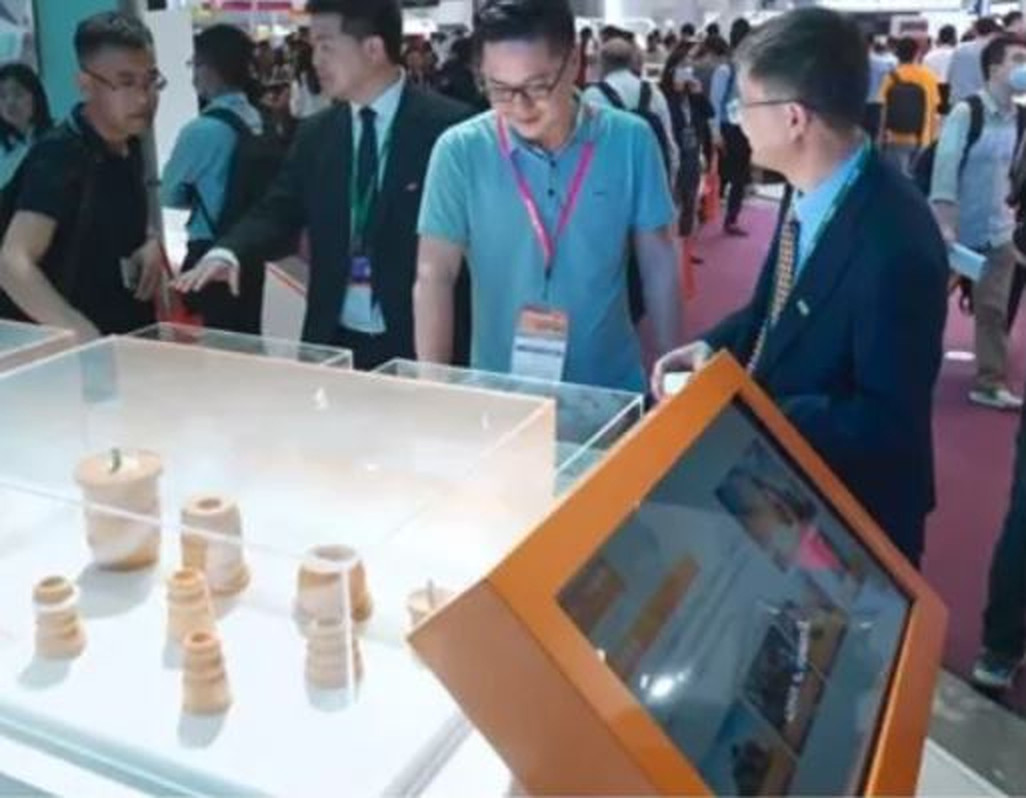German chemical company BASF and Jiangsu Worldlight New Material, a Chinese PV panel frame specialist, have developed a new solar module frame made of glass fiber-reinforced polyurethane (PU) composite, combined with a water-borne coating solution.
“The PV frame, made with an industry-leading total solution that results in an 85% reduction in product carbon footprint compared to aluminum frames,” BASF said in a statement. “The water-borne coating solution further reduces the emission of volatile organic compounds by more than 90%.”
BASF and China's Oriental Yuhong recently started collaborating on the development of thermoplastic polyolefin (TPO) roofing membranes for the rooftop solar market. Their plans are in line with China's GB55030 building standards, which require materials to last a minimum of 20 years.
This content is protected by copyright and may not be reused. If you want to cooperate with us and would like to reuse some of our content, please contact: editors@pv-magazine.com.




2 comments
By submitting this form you agree to pv magazine using your data for the purposes of publishing your comment.
Your personal data will only be disclosed or otherwise transmitted to third parties for the purposes of spam filtering or if this is necessary for technical maintenance of the website. Any other transfer to third parties will not take place unless this is justified on the basis of applicable data protection regulations or if pv magazine is legally obliged to do so.
You may revoke this consent at any time with effect for the future, in which case your personal data will be deleted immediately. Otherwise, your data will be deleted if pv magazine has processed your request or the purpose of data storage is fulfilled.
Further information on data privacy can be found in our Data Protection Policy.